A Loving, Faithful Animal’s Story of a Scar
When viewing Josephine Rowe’s 2016 novel through the perspective of faltering chronology and layered trauma mimicking scar tissue, a fuller sense of its compassion and artistry falls into place.
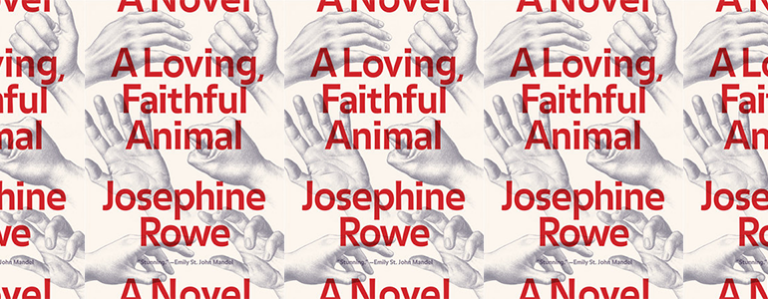
When viewing Josephine Rowe’s 2016 novel through the perspective of faltering chronology and layered trauma mimicking scar tissue, a fuller sense of its compassion and artistry falls into place.
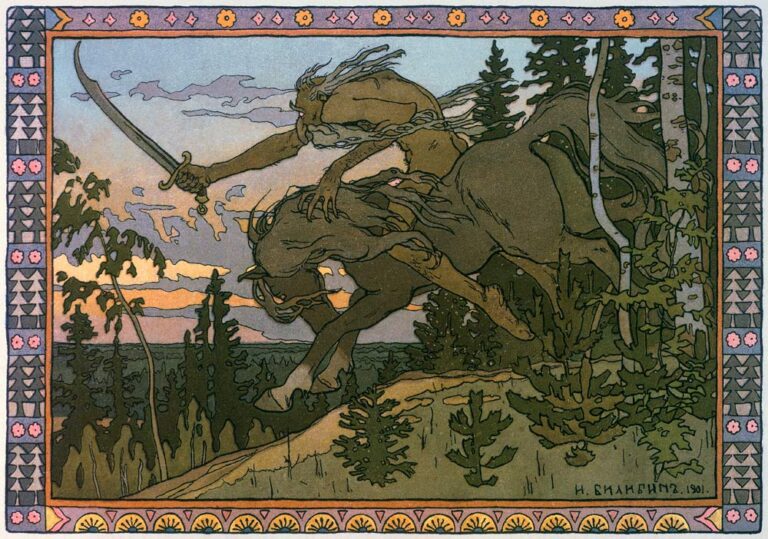
In a country in which “fairy tales predetermine reality,” the protagonist of Katya Kazbek’s new novel’s re-creation of a folk tale allows him to engineer his queer liberation.

Two “women’s” novels by Stella Gibbons and Dodie Smith, from 1932 and 1948 respectively, quietly pose the suggestion that to be concerned with comfort is not shallow, but merely practical, and that taking control of your surroundings, either forcefully or with empathy, can lead to self-actualization.
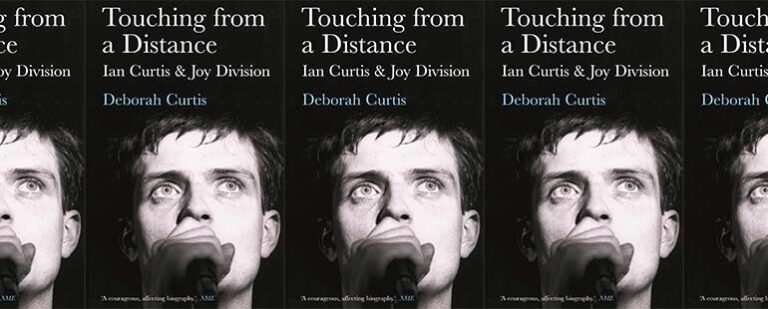
Deborah Curtis’s biography-cum-memoir moves beyond pop culture mythmaking, in the process creating the connection Joy Division’s music reaches for but is never able to grasp.
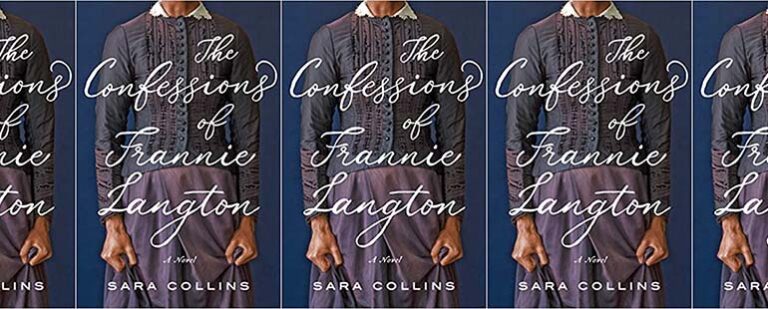
Sara Collins’s 2019 novel tests and even breaks the boundaries of the gothic voice, showing that a heroine standing on the outside of literary tradition can still inhabit the gothic and push it to new and provocative directions.
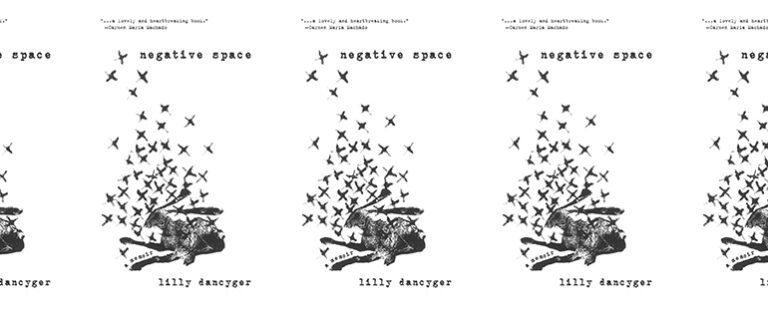
Lilly Dancyger’s just-released mixed media memoir is a story of two artists, forever separated, and the history and symbols that provide an artistic shorthand able to move past the boundaries of shared experiences and meet again.
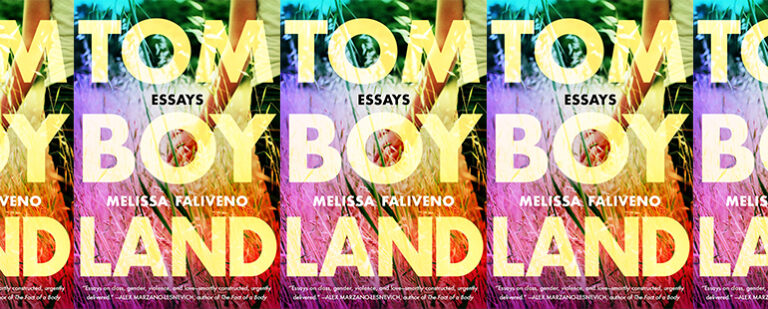
Melissa Faliveno’s 2020 essay collection’s genius, and tenderness, comes from a deep understanding of the language of home: the haunting, often unacknowledged pull place has on us, and how leaning towards and pushing against this pull shapes our identities.
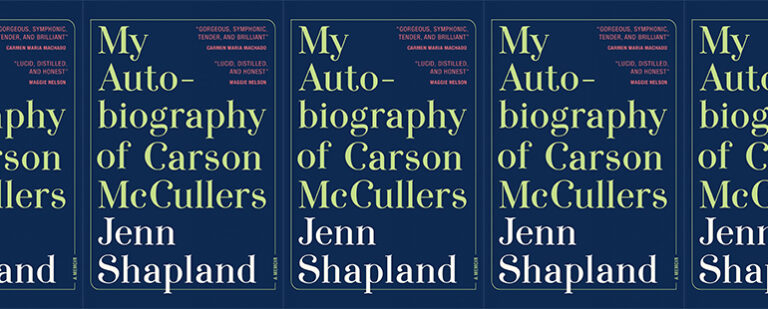
Jenn Shapland’s lyrical debut demonstrates how she has been made by, and has remade, her hero Carson McCullers—and how this relationship between writer and subject is at the heart of every biography, and every memoir.
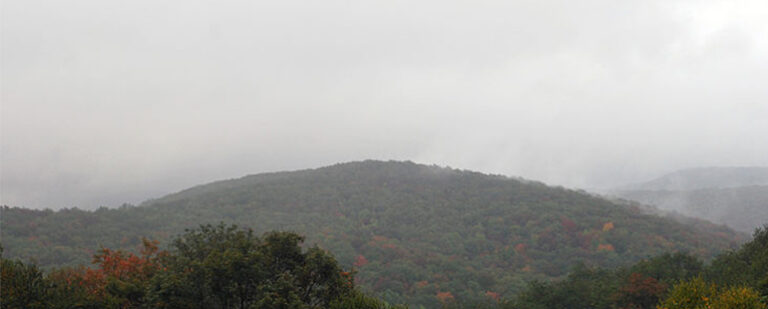
In taking on the Rainbow Murders in her new memoir, Emma Copley Eisenberg also takes responsibility for presenting a clearer picture of Appalachia—a balance that is particularly difficult to achieve when discussing the killing of two young women.
No products in the cart.